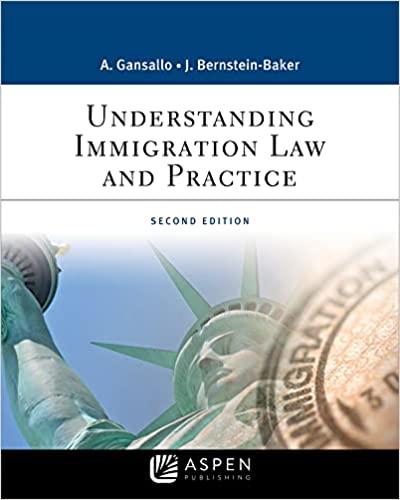"1. Consider each of the individual basic principles: autonomy, veracity, beneficence, nonmaleficence, justice, role fidelity, and confidentiality. Which of these principles were sacrificed in the Tuskegee Study? Explain your answer.""2. To what extent should blame for the lack of ethical conduct be placed on the shoulders of Nurse Eunice Rivers? Although never in charge, it should be noted that during the study, physicians came and went, but Nurse Rivers was the consistent figure throughout the study. The USPHS awarded her several commendations for her work Is she more, less, ur equally to blame with the others involved? Explain your answer."
Syphilis is a chronic, contagious bacterial disease that is most often sexually transmitted but is sometimes congenital. Since about 1946, the disease has been successfully treated with antibiotics. Prior to 1946, individuals with the disease had an inevitable progress through its sequelae, from the primary lesion and chancre to rash, fever, and swollen lymph nodes to the final stage of nervous system and circulatory problems, and finally death. The progress of the disease is often 30-40 years Around 1929 there were several counties in the South with a high incidence of syphilis. The U.S. Public Health Service (USPHS) began a demonstration project to treat those afflicted with the disease in Macon County, Alabama, home of the famous | Tuskegee Institute. With the Great Depression, funding for the project decreased and finally the demonstration project to treat the men became an opportunity for a study in nature. A study in nature means that the researchers were not to treat the patients but rather were to observe the natural progression of the disease. To conduct this study in nature, the USPHS selected 399 African American men who had never received treatment. The research group was told essentially that they had "bad blood," and they had been selected for special free treatment. Except for an African American nurse, Eunice Rivers, there was very little continuity with staffing of the experiment, as the federal doctors would come every few years to check on the progress of the disease. To induce the participants, they were promised free transportation, free hot lunches, free medicine (for everything but syphilis), and free burials. An interesting although somewhat dramatized version of the study can be seen in the film Miss Evers' Boys (1997). Although antibiotics were available in adequate supply by 1946, the study subjects were never treated. In fact, the local draft board was provided their names so that they could not enter the army, where they would have been treated as a matter of course. The local members of the County Medical Society were also provided their names and were asked not to provide them with antibiotics. In July 1972, Peter Buxtun of the USPHS, who had been criticizing the study since 1966, told the story to an Associated Press reporter, and the research became headlines across the nation. In 1997, President Clinton officially apologized to the remaining study participants on behalf of the United States government."







